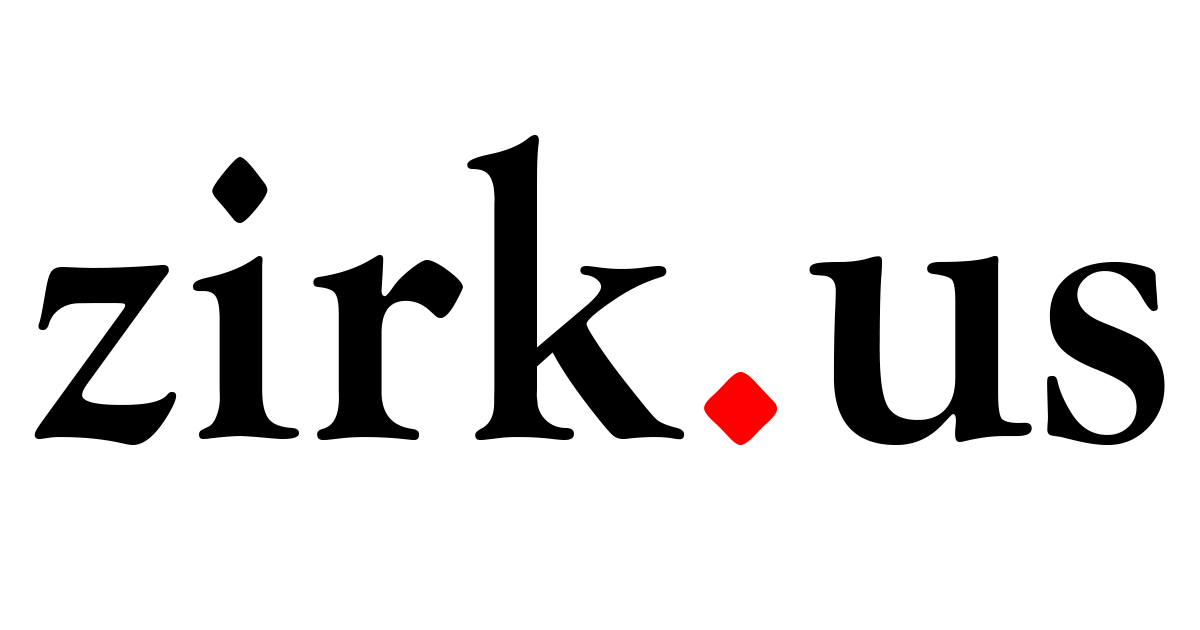“What’s under assault right now isn’t jobs. A great many jobs are being extinguished, and each lost job is a measure of misery for many people. But the greater heartbreak is the loss of work—the separation from meaningful, changeful work, and from the impacts of that work, from the world that comes into being when our work is oriented towards the living. It’s telling that so many of the jobs currently under attack are those of technology people performing civil service: these are people who chose work that was less glamorous, and less remunerative, than the standard tech path, but also more purposeful, more likely to actually deliver on tech’s otherwise empty promise of a better world. The message is clear: you will work for the needs of capital, or you will work not at all.”
Mandy Brown on work.
As someone who spent their entire career in and around the public service, the reality is that, yeah. Most people are there because they’re true believers in the work. By which I mean “the ability of government to provide services to improve the lives of citizens.” This is especially true for anyone working in a specialist area — tech definitely, but also things like medicine, etc. — who could get a much higher-paid role in the private sector. This isn’t give a lot of airplay in the culture because, in general, public servants are trained not to really talk about their work or experiences; discretion is a key part of the job when that job is handling everything from sensitive policy proposals to the personal information of millions of citizens to, frankly, the personalities of some extremely high-profile people (i.e., politicians).
The bureaucracy as an entity is far from perfect, and like every workplace it has its fair share of people who are toxic or useless or both. But the texture and quality of it is notably different to private sector work, in a way that I think is hard to grasp if you haven’t experienced it. And that difference is, frankly, hated by anyone who’s gone ideologically all-in on ultra-capitalism, because it represents an entirely different model of work, of personal fulfilment, to “extract surplus value for profit.”
Hence, y’know. Chainsaw time.













